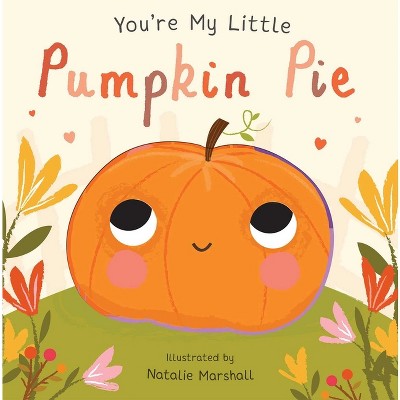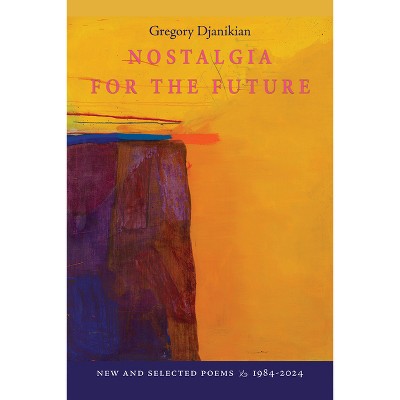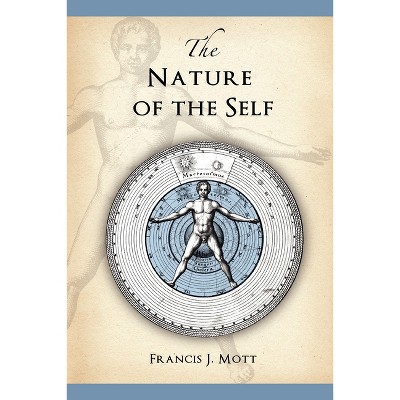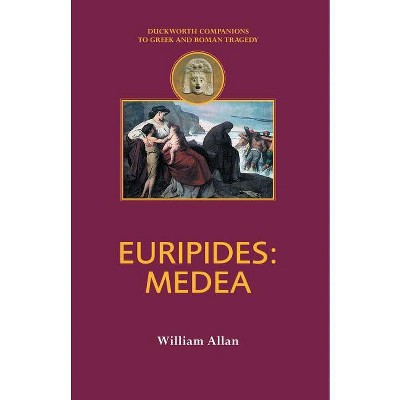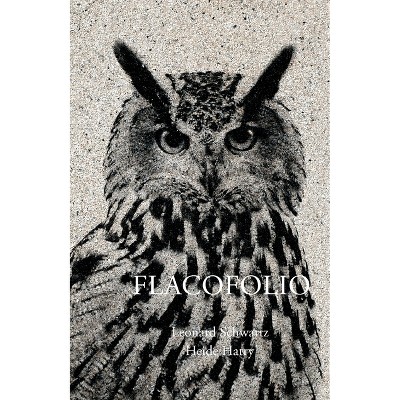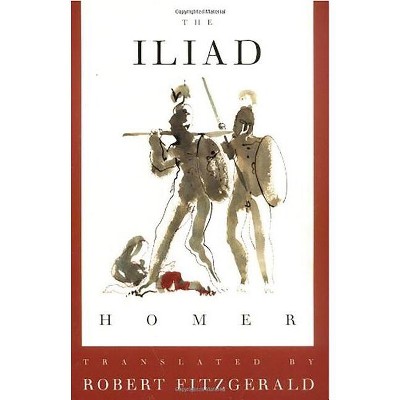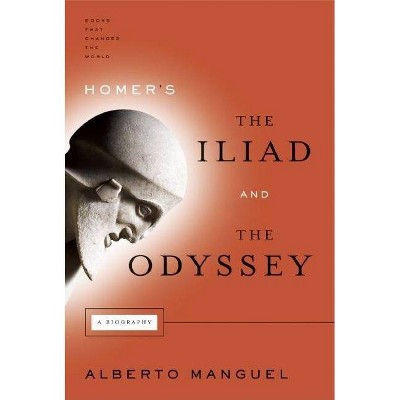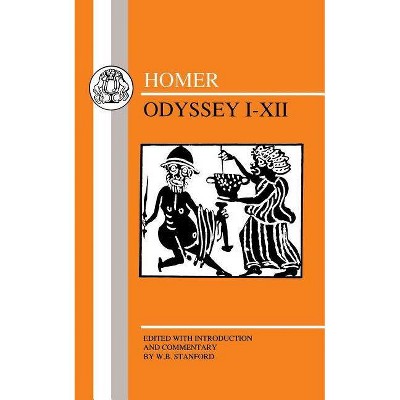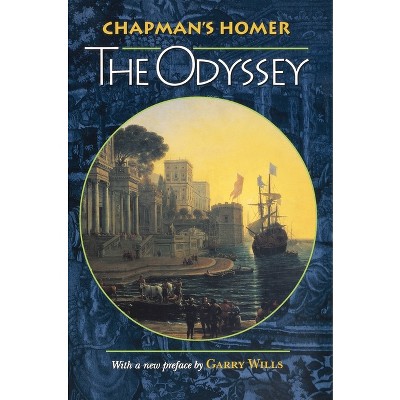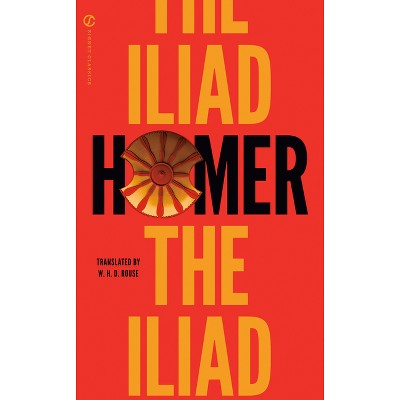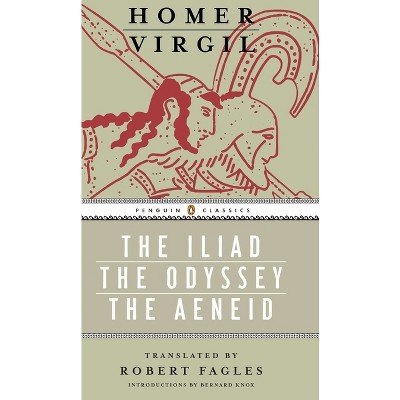Sponsored

The Printed Homer - by Philip H Young (Paperback)
In Stock
Sponsored
About this item
Highlights
- The Iliad and the Odyssey are the foundation of Greek culture ("Our earliest infancy was entrusted to the care of Homer," said Heraclitus 2500 years ago) and are widely read today.
- About the Author: The late Philip H. Young was director of the Krannert Memorial Library at the University of Indianapolis.
- 487 Pages
- Literary Criticism, Ancient & Classical
Description
About the Book
This is a publishing and translation history of the written forms of the Iliad and the Odyssey. It first considers who Homer might have been and then explores the when and how of the creation of the written forms of the works. The Homeric text in classical times and in medieval Europe and the Byzantine Empire, and the Homeric text, the printing press and Renaissance humanism are next taken up. The successes and failures of the many who attempted to translate the works are analyzed critically and then--a major portion of the book--all the known texts, editions and translations of the Iliad and the Odyssey from 1470 to 2000 are listed. Finally, the author considers the future of the Homeric texts and the Poets relevance to this and future generations. Seven valuable appendices (e.g., Modernizing of Latin City Names; First Printings in Vernacular Languages), a bibliography, and an index complete the work.Book Synopsis
The Iliad and the Odyssey are the foundation of Greek culture ("Our earliest infancy was entrusted to the care of Homer," said Heraclitus 2500 years ago) and are widely read today.
This is a publishing and translation history of the written forms of the Iliad and the Odyssey. It first considers who Homer might have been and then explores the when and how of the creation of the written forms of the works. The Homeric text in classical times, in medieval Europe and the Byzantine Empire, and in Renaissance humanism are next taken up.
The efforts of the many who have translated the works are analyzed critically and then--a major portion of the book--all the known texts, editions and translations of the Iliad and the Odyssey from 1470 to 2000 are listed. Finally, the author considers the future of the Homeric texts. Seven valuable appendices (e.g., Modernizing of Latin City Names; First Printings in Vernacular Languages), a bibliography, and an index complete the work.
Review Quotes
"A remarkable book"-International Journal of the Classical Tradition
"Invaluable"-Translation and Literature
"Useful...generously illustrated"-Journal of Hellenic Studies
"Young is conversant with the most recent theories in Homeric scholarship, which he here presents with balance and clarity...comprehensive biblography...an essential resource...highly recommended"-Library Journal
"Young's language is clear and interesting...outstanding work...recommended"-Choice
About the Author
The late Philip H. Young was director of the Krannert Memorial Library at the University of Indianapolis. He lived in Greenwood, Indiana.Shipping details
Return details
Trending Book Deals


